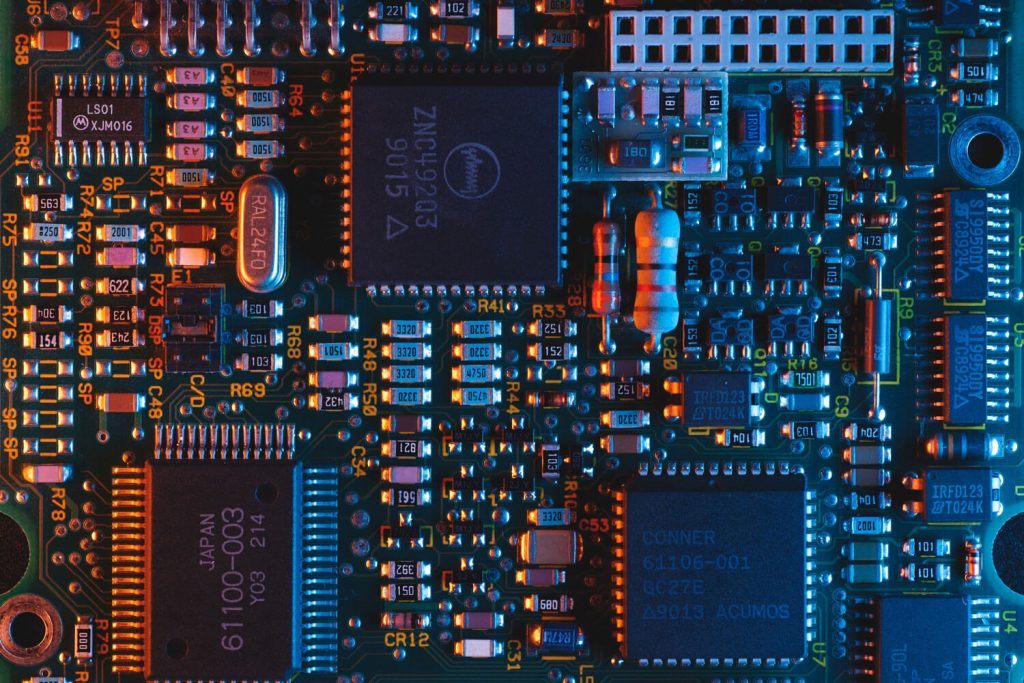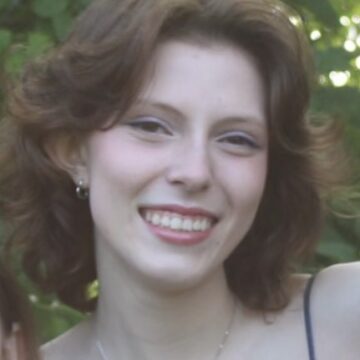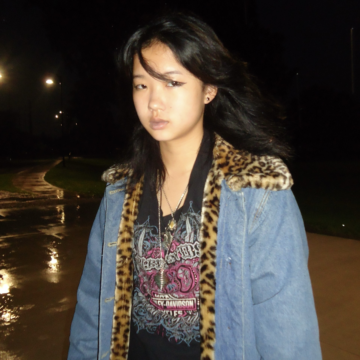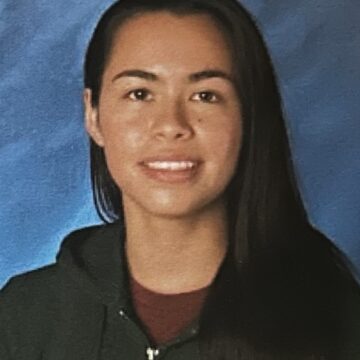
By Tan
“On and off,” I squealed as I fiddled with every remote control device in the house—from the TV to my RC toys. For hours, I strove to unravel the connection between the wires, circuits, and switches that “magically” activated these appliances. Although my ruminations did not provide immediate explanations, they spurred my imagination and fueled my fascination for electronics.
Later on, I turned my attention toward circuit configurations, which I explored through AP Physics and LC’s Robotics Team. My design, assembly, and programming capabilities compelled me to identify new applications for my skills. With Cooper Union’s Summer STEM Program, I explored other engineering branches through the development a hydraulic-powered Rube Goldberg Marble Machine. These lessons sparked my curiosity for renewable energy and led to the creation of a self-powered hydraulic ram prototype capable of delivering water to isolated communities, like my hometown in Thai Binh, without using electricity. Although my contraption is not perfect, these variegated episodes widened my perception of Electrical Engineering, its mission, and my role in the field.
My experiences also helped me see that the essence of engineering lies in serving social needs. As an Electrical Engineering major and History of Science & Technology (HOST) minor, I will harness JHU’s multidimensional platform to fulfill my purpose as engineer and citizen.
My quest begins with an introduction to the fundamental building blocks of engineering. Courses like “Digital Systems Fundamentals” unravel important concepts in logic and design that are applicable to more advanced research initiatives. Meanwhile lectures in “Introduction to Renewable Energy Engineering” unlock ways to improve Vietnam’s outdated energy sources, opening new opportunities for other industries to grow with the new technology.
Because engineering does not exist in a vacuum, a HOST minor will complement my work by helping me understand the sociopolitical, cultural, and ethical issues that drive scientific developments. Equipped with this holistic vision, I will be able to adopt technically-sound yet socially responsible methodologies toward the solution of different problems.
Beyond the classroom, JHU’s legacy as America’s first research university merges theory with practice, transforming abstraction into reality. The Spur Scholar or Provost Awards facilitate cooperation with faculty and in-depth exploration of various interests. Similarly, student-led initiatives like Hopkins Baja promote teamwork and the active exchange of ideas with peers of diverse intellectual and social backgrounds. Alongside my teammates, I will work toward the perfection of nimble race cars. Furthermore, internships and the Vredenburg Scholarship will expand my career choices and ease my transition into the workforce.
Having served as prefect, residential assistant, and student council advocate I will join the Student Government Association. Given my experiences with poverty and inequality in Vietnam, I will also my share leadership and mentorship skills to empower underprivileged children in the Baltimore vicinity through involvement with Alternative Learning Coaches.
A JHU education integrates intellectual and personal lessons that will alleviate Vietnam’s and the world’s needs. With the creation of effective, affordable, and sustainable engineering solutions, I hope to make a difference in the 21st century.
Admissions Committee Comments
Tan’s essay effectively connected his interest in and experiences with robotics with specific coursework and opportunities available to undergraduates here. It showed us why he wants to pursue these things specifically at Hopkins. He was able to talk about the flexible curriculum, ways to work beyond the classroom through research opportunities like SPUR, student government, and the Alternative Learning Coaches program. As a whole, it was clear why Tan would be a strong member of the Hopkins community both in and outside the classroom.





